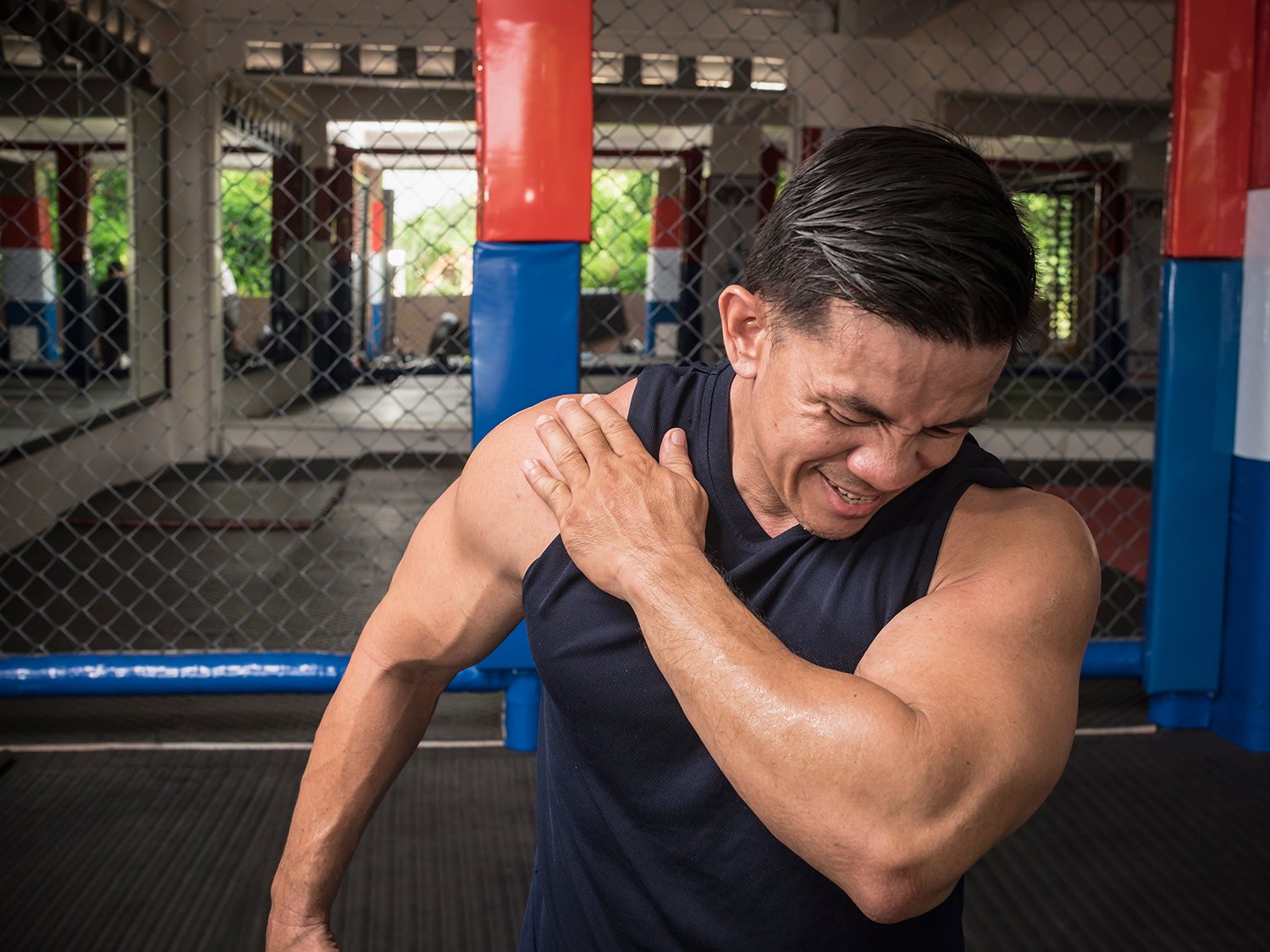A Degenerative tear of the rotator cuff results from the progressive wearing down of the rotator cuff tendons over time, often due to age-related changes or repetitive stress. This type of tear is more common in older individuals, particularly after the age of 50, and is often associated with chronic pain and weakness in the shoulder.
As we age, the blood supply to the rotator cuff tendons decreases, making them more vulnerable to degeneration and tear. Overuse of the shoulder joint, especially in activities like sports (baseball, tennis, rowing) or jobs requiring repetitive motions, can contribute to degenerative tears.
Symptoms:
- Pain: Often chronic, dull, or aching pain in the shoulder, especially with overhead activities or when sleeping on the injured side.
- Weakness: Difficulty lifting or reaching overhead or feeling a weakness when rotating the arm.
- Limited range of motion: Reduced ability to move the arm freely.
- Grating or cracking sounds: May be heard or felt when moving the arm.
Treatments:
Initial treatment often focuses on non-surgical options like rest, activity modification, physical therapy, and pain management. Surgery may be considered if conservative treatment fails or for larger or more severe tears. Following surgery, a rehabilitation program is crucial for regaining strength, range of motion, and function.
Many individuals with degenerative rotator cuff tears can manage their symptoms and improve function through conservative treatment. Long-term follow-up studies show that a significant percentage of patients experience good outcomes, even with conservative treatment. However, some tears may enlarge over time, and surgical intervention may eventually be needed.








